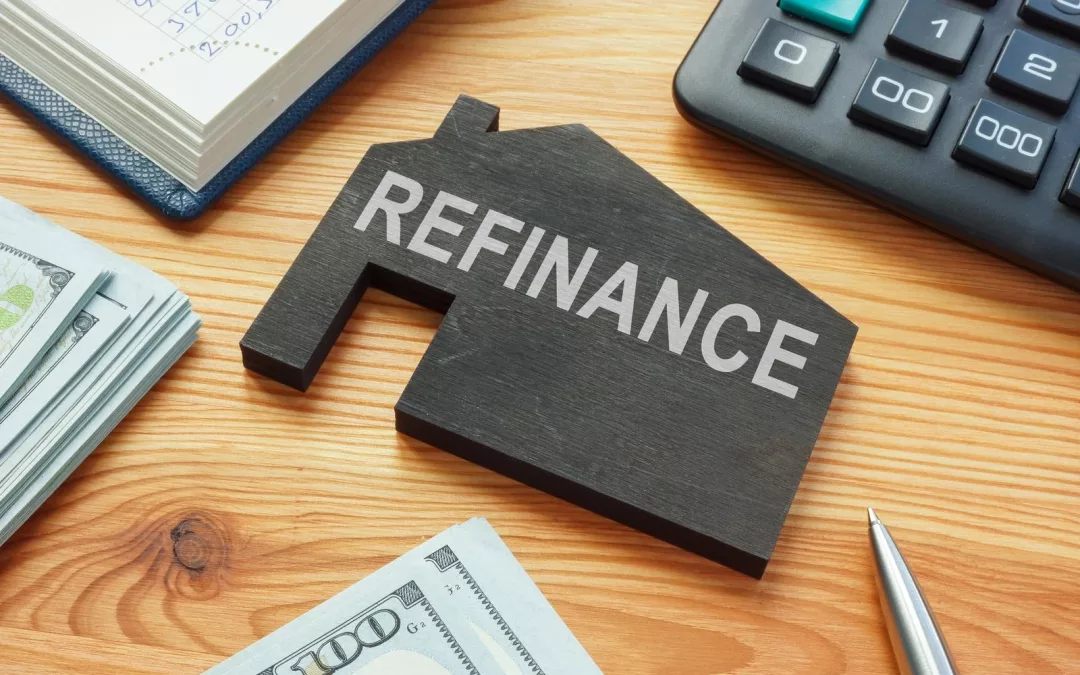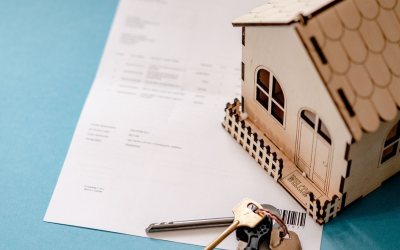Refinancing your mortgage can be a strategic financial move, potentially saving you money and offering various benefits. However, determining the right time to refinance requires careful consideration of several factors. In this blog post, we’ll explore key indicators that can help you decide if it’s the opportune moment to refinance your mortgage.
1. Interest Rates:
One of the primary reasons individuals contemplate mortgage refinancing is the fluctuation of interest rates. Keep a close eye on market trends and compare current rates with the rate on your existing mortgage. If the prevailing rates are significantly lower than what you currently have, it might be a compelling time to consider refinancing and lock in a lower rate.
2. Improved Credit Score:
Over time, your financial situation may improve, leading to an increase in your credit score. A higher credit score often translates to better interest rates. If you’ve diligently worked to enhance your creditworthiness since obtaining your mortgage, refinancing could result in a more favorable loan offer.
3. Changes in Financial Situation:
Life is dynamic, and your financial circumstances may change. Whether it’s a job promotion, increased income, or reduced debt, positive changes can be a green light for mortgage refinancing. Conversely, if you’re experiencing financial challenges, such as job loss or increased debt, refinancing may not be the best option.
4. Loan Type Adjustment:
If your current mortgage has an adjustable-rate, and you want more stability in your monthly payments, refinancing to a fixed-rate mortgage might be a wise decision. Conversely, if you anticipate a decrease in interest rates, transitioning from a fixed-rate to an adjustable-rate mortgage could lead to lower payments. Also, changing home loan product time could benefit from reduced principal and interest and PMI.
5. Home Equity:
Building equity in your home is another critical factor to consider when evaluating the right time to refinance. If your home’s value has increased significantly since you took out your mortgage, you may have a higher percentage of equity. This equity can be leveraged to secure better loan terms during the refinancing process.
6. Shortening or Lengthening the Loan Term:
Refinancing provides an opportunity to modify the length of your mortgage term. If your financial goal is to pay off your mortgage sooner, you might consider refinancing to a shorter-term loan. On the other hand, if you need to reduce your monthly payments, extending the loan term could be a viable option.
Conclusion:
Deciding whether to refinance your mortgage is a process that requires careful evaluation of various factors. By keeping a close eye on interest rates, monitoring changes in your financial situation, and considering adjustments to your loan type or term, you can make an informed decision. Remember to consult with your mortgage broker to ensure that refinancing aligns with your long-term financial goals. The right time to refinance is a personal decision, but with due diligence, you can navigate the process confidently.
Should I buy a home or rent?
When it comes to deciding whether to buy a home or rent, there are many factors to consider. For some people, renting makes sense because it provides more flexibility and less responsibility. For others, buying a home is the better choice because it offers more...
How should I prepare for the homebuying process?
Buying a home is one of the biggest financial decisions you'll ever make. It's an exciting time, but it can also be stressful if you're not prepared. That's why it's important to take some time to get your finances and your expectations in order before you start the...
Should I get pre-approved for a mortgage?
When you're buying a home, one of the key steps in the process is getting pre-approved for a mortgage. But is this really necessary? In this blog post, we'll explore the reasons why you should consider getting pre-approved for a mortgage before you start looking for...




